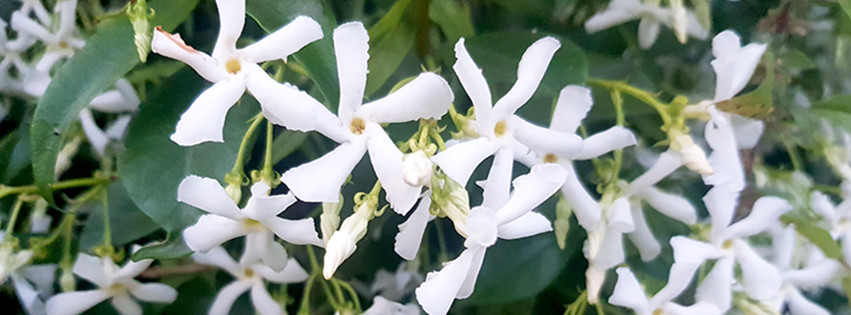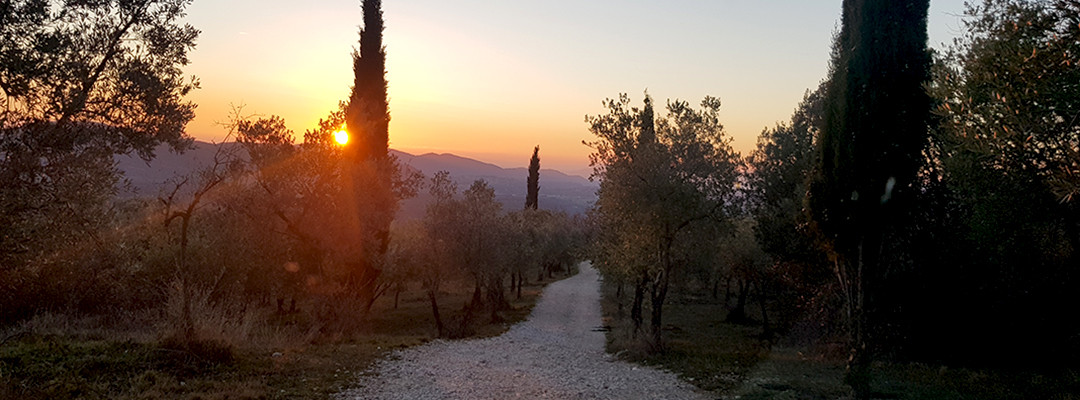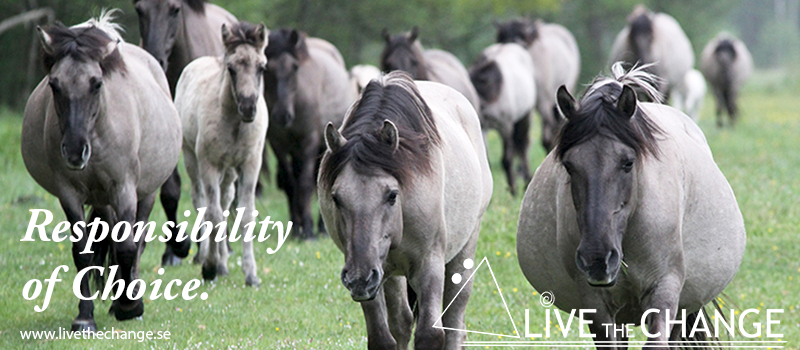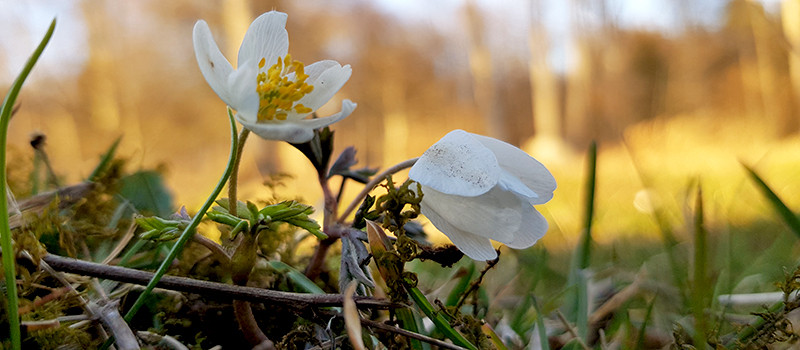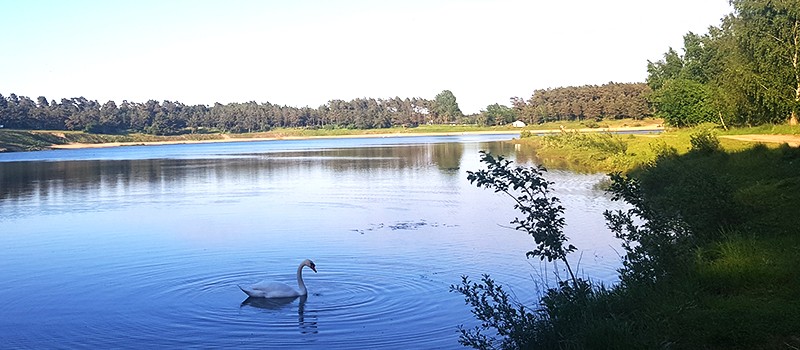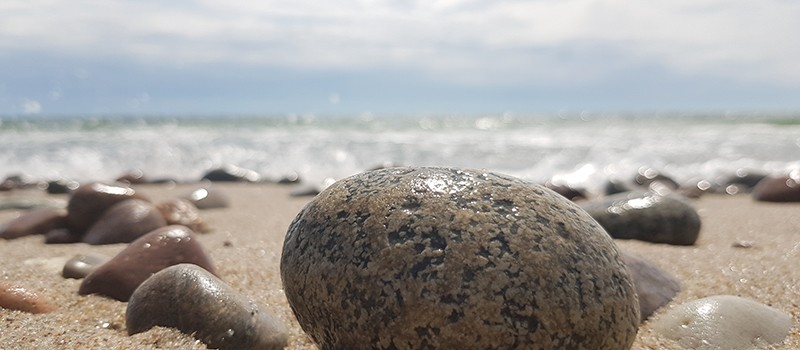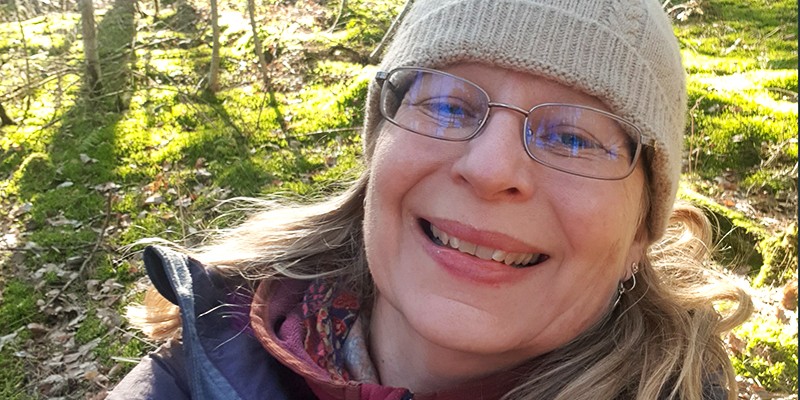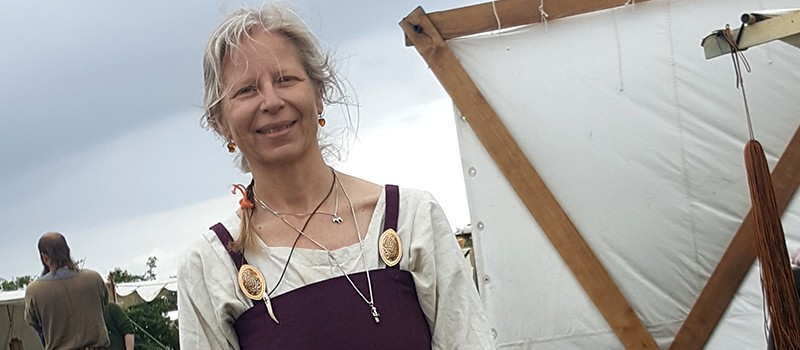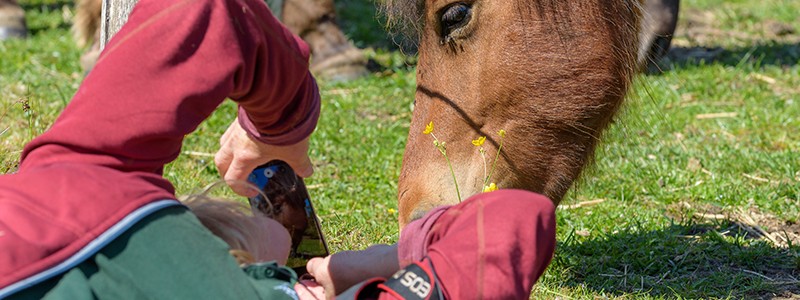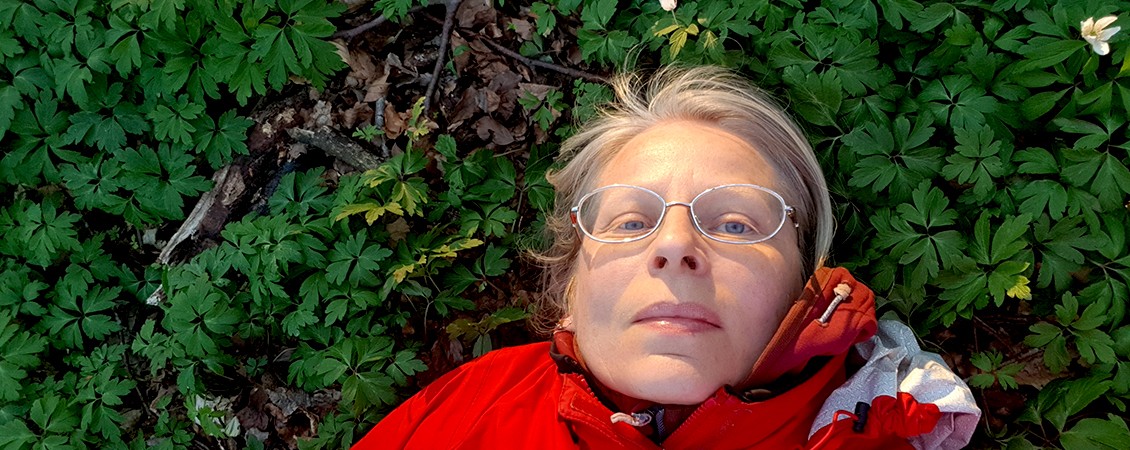Fastän jag inte är färdig ännu med min psykoterapiutbildning, så har jag redan lång erfarenhet av att jobba med människor i utveckling och människor som vill förändra sina liv. Och jag känner mig mycket väl rustad att möta, stötta och hjälpa människor som upplevt olika slags trauma i sitt liv, framför allt är jag mycket kunnig inom området barndomstrauma, sexuella trauman, dissociation och det som med en paraplyterm kallas neurodivergens (ND), men som jag ser som vilken upplevelse som helst av att inte ”vara som andra” och ”inte passa in”.
Nu har jag gjort cirka hälften av min psykoterapiutbildning och tar emot övningsklienter under handledning. Jag erbjuder psykoterapi både i mer traditionell tappning (inomhus) och ekoterapi (eller ekopsykoterapi som är den längre benämningen) utomhus, och jag erbjuder både ”på plats” psykoterapi, just nu i Malmö, på ViduNova Traumaexpertiscentrum, och online. Och jag erbjuder psykoterapi både på svenska och på engelska.
Jag jobbar eklektiskt och integrativt, men har min bas i transaktionsanalys (TA), ekoterapi/ekopsykologi, upplevelsebaserat lärande, ”expressive arts” och mindfulness – och inte minst – jag har alltid jobbat traumamedvetet, traumasensitivt och jobbar nu också traumafokuserat.



